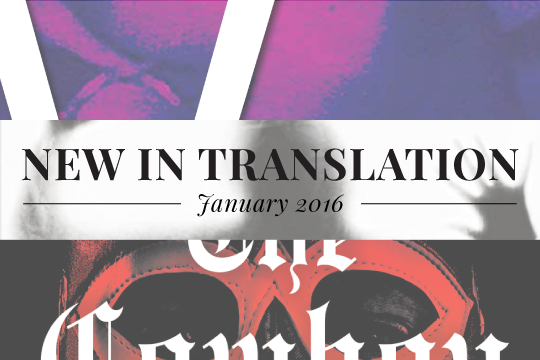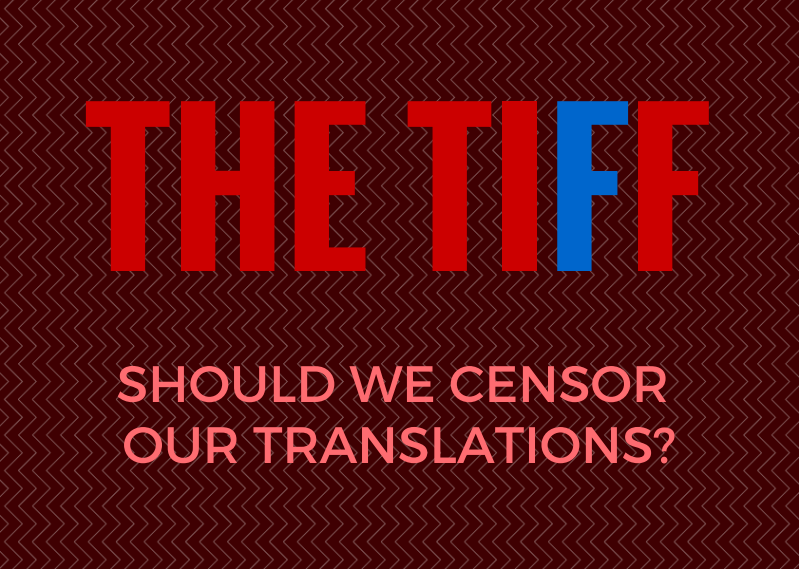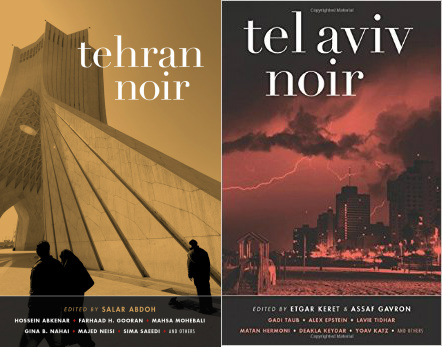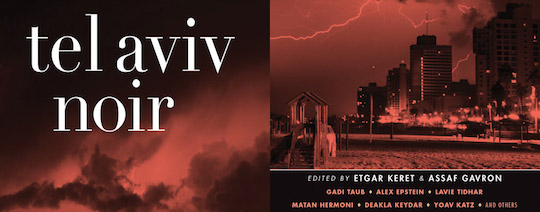Carlos Velázquez, The Cowboy Bible (Restless Books, January 2016). Translated by Achy Obejas—review by Selina Aragón, Spanish Social Media Manager
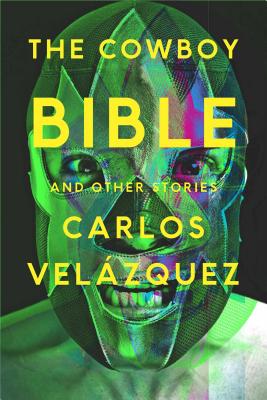
The Cowboy Bible (La Biblia Vaquera) is Carlos Velazquez’ second book, which contains two fictional and three nonfictional stories, plus two neither-fiction-nor-nonfiction texts and two epilogues. They are all set in the land of PopSTock!, for which there is a map at the beginning of the book.
The Cowboy Bible is also a character that metamorphoses into other characters (The Western Bible, The Cowgirl Bible, etc.) who live and act in different times and spaces but share the same talent for entering the dark alleyways of life. Despite their morally questionable actions, wrestlers, drunkards, DJs, street-food sellers, whose “legendary” deeds go from writing songs about drug dealers to crowning a Queen of Piracy in reality shows, become underground heroes equivalent to Mexican popular culture icons:
“I went dressed as a Cartesian seminarist. As soon as the guy in charge of composing the soundtrack to reflect the wrestling audience’s passions saw me take a step forward the ring, he put on a song by the great Sonora Dinamita.”
READ MORE…


